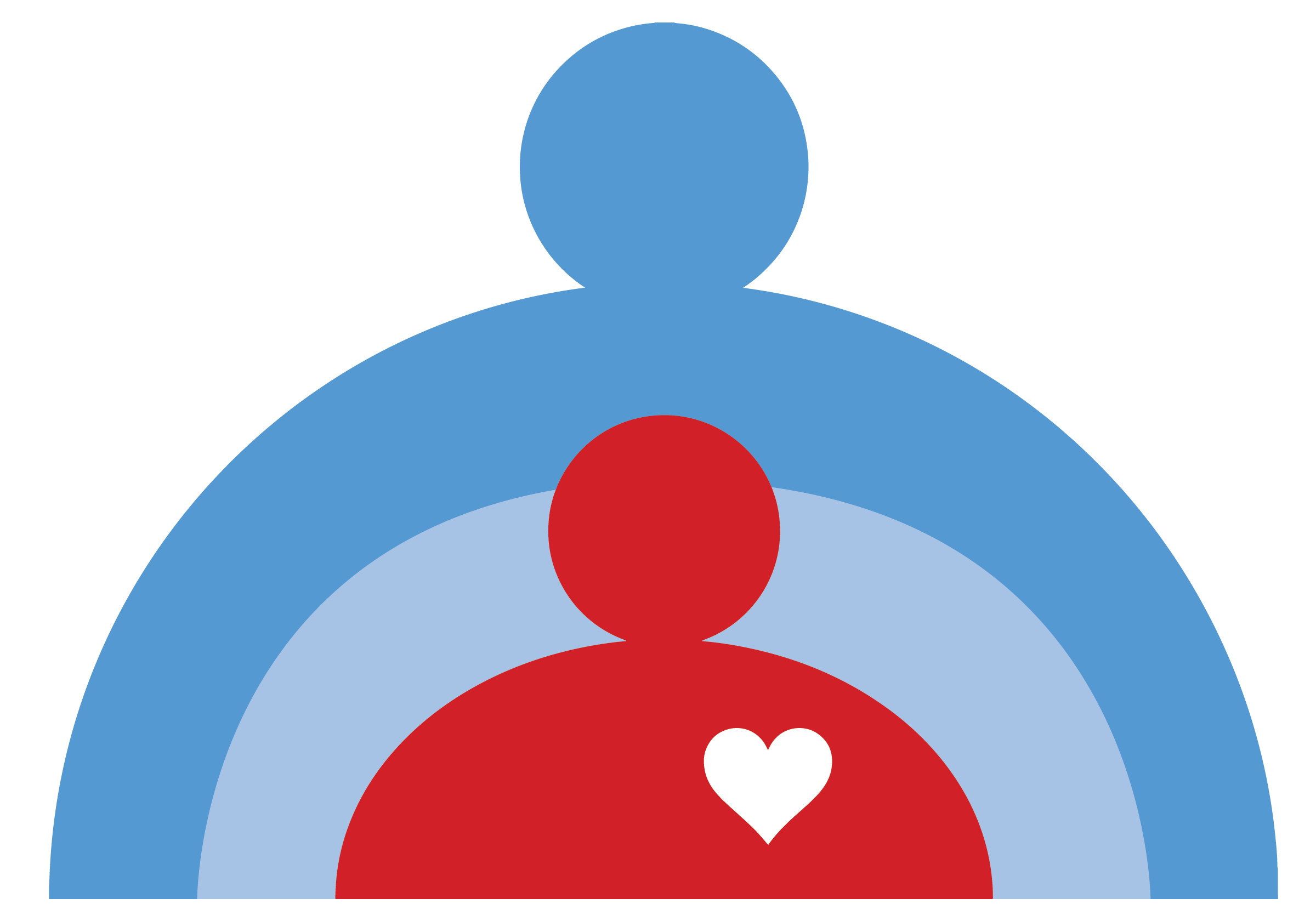Trauma Recovery
Did you know that one in four children experience at least one potentially traumatic event before the age of 16? This one event has the potential to negatively alter a child’s life.
Children experience traumatic events differently. Some children simply need strong support from caregivers in order to recover. Other children will need counseling by a mental health professional in addition to a supportive, stable caregiver.
What is trauma?
According to the National Institute of Mental Health, there are two types of trauma – physical and mental.
Physical trauma includes the body’s response to serious injury and threat.
Mental trauma includes frightening thoughts and painful feelings. They are the mind’s response to serious injury. Mental trauma can produce strong feelings. It can also produce extreme behavior such as intense fear or helplessness, withdrawal or detachment, lack of concentration, irritability, sleep disturbance, aggression, hyper vigilance (intensely watching for more distressing events), or flashbacks (sense that event is reoccurring). It is important to note that not every stressful event results in trauma. In other words what is traumatic for one child may not be traumatic for another. There are factors that determine the ultimate impact of a traumatic event.
Factors influencing a child’s response to a traumatic event:
- Being directly involved in the trauma, especially as a victim
- Severe and/or prolonged exposure to the event
- Personal history of prior trauma
- Family or personal history of mental illness and severe behavioral problems
- Lack of social support
- Lack of caring family and friends
- On-going life stressors such as moving to a new home, or new school, divorce, job change or financial troubles
Some symptoms the child exhibits may require immediate attention. Contact a mental health professional if these symptoms occur:
- Flashbacks
- Racing heart and sweating
- Being easily startled
- Being emotionally numb
- Being very sad or depressed
- Talking about ending their life
How can I help?
Did you know that trauma in a child can be minimized or even eliminated depending on a child’s ability to cope with and manage the feelings related to the event? In other words, there is a great deal that supportive adults can do to help children heal from trauma. The most important thing an adult can do is seek the appropriate intervention as early as possible. Children who are traumatized need support to avoid long term emotional harm. Knowing what to do is important. Getting support and assistance early creates resilience, the ability to handle stressful events and remain mentally strong and healthy.
If you are a caregiver to the child, first identify and address your own feelings about the event. This will allow you to be of more help to the child. Try to explain and help the child understand what happened in a developmentally appropriate way. Lastly, remember to let children know:
- You love them
- The event was not their fault
- You will take care of them, but only if you can (be honest)
- It’s okay for them to feel upset
- Allow the child to cry
- Allow sadness
- Let the child talk about feelings
- Let them write about feelings
- Let them draw pictures
If your child is not able to perform normal routines or develops new symptoms after a month in a safe, stable environment you may want to contact a mental health professional to discuss your situation.






